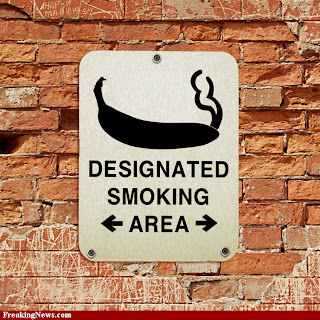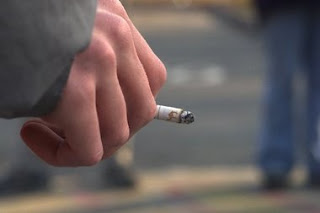
The legislation means traders could face a fine of thousands of pounds or even a prison sentence if they sell directly to the public via machines.
It will also be illegal to display the tobacco advertising that would normally be present on a vending machine.
Although the law applies regardless of the age of the purchaser, Hertfordshire Trading Standards said the change was primarily to cut off a popular supply line of cigarettes to youngsters.
A survey of smoking among UK children revealed that 17 per cent of 11-15-year-olds who smoked regularly said that vending machines were their usual source of cigarettes.
Hertfordshire County Council’s executive member for community safety Cllr Richard Thake (Con, Knebworth and Codicote) said: “Young people take advantage of the fact that they are less likely to get asked about their age when buying cigarettes from a vending machine as opposed to over the counter.”
Trading standards found under-age test purchasers were able to buy cigarettes from 15 of 20 vending machines tested in Herts last year, with many of the remainder out of action.
Cllr Thake continued: “Businesses must comply with this new law. If a trading standards officer visits a premise and finds that cigarettes are still being sold to the public directly from a vending machine, the owner or manager could be fined up to £2,500.”
The penalty for displaying advertising on vending machines is up to £5,000 or imprisonment for up to two years.










